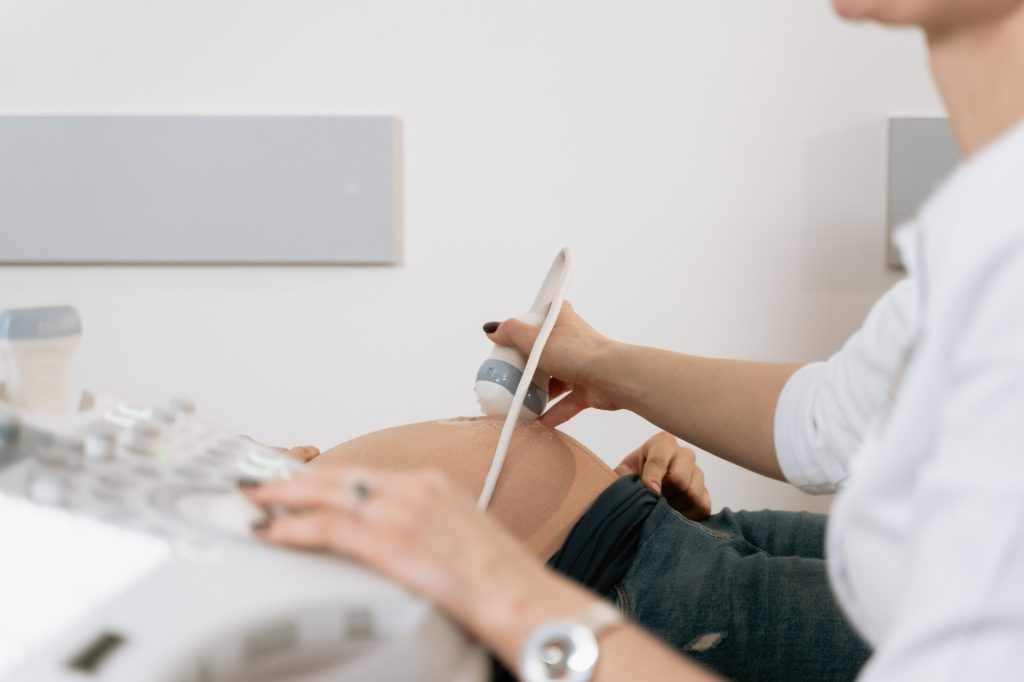
In an analysis published in Reproductive Medicine and Biology, researchers found evidence that thyroid conditions in women could negatively impact egg reserves in their ovaries.
Hypothyroidism is a disease that is prevalent in women, even in those of reproductive age. Thyroid hormones are involved in the control of the menstrual cycle. Oocytes express cell surface receptors for thyroid hormones that affect the actions of follicle-stimulating hormone and luteinising hormone through steroid biosynthesis. As such, thyroid dysfunction disturbs menstrual regularity and ovulation. However, the effects of low thyroid hormone levels (hypothyroidism) and thyroid autoimmune diseases on the functioning of a woman’s ovaries are not fully understood. This analysis aimed to investigate whether hypothyroidism and/or thyroid autoimmunity affect the ovarian reserve, evaluated using levels of anti-Mullerian hormone (AMH).
The researchers found nine relevant trials, and their findings indicated that hypothyroidism and thyroid autoimmunity can negatively impact a woman’s ovarian reserve, or the total number of healthy immature eggs in the ovaries.
“Our age-stratified analysis demonstrated that thyroid autoimmunity and hypothyroidism possibly have different impacts on the ovarian reserve. It provides an important clue in determining how these conditions affect the development of ovarian follicles,” said senior author Akira Iwase, MD, PhD, of the Gunma University Graduate School of Medicine, in Japan.
Source: Wiley

